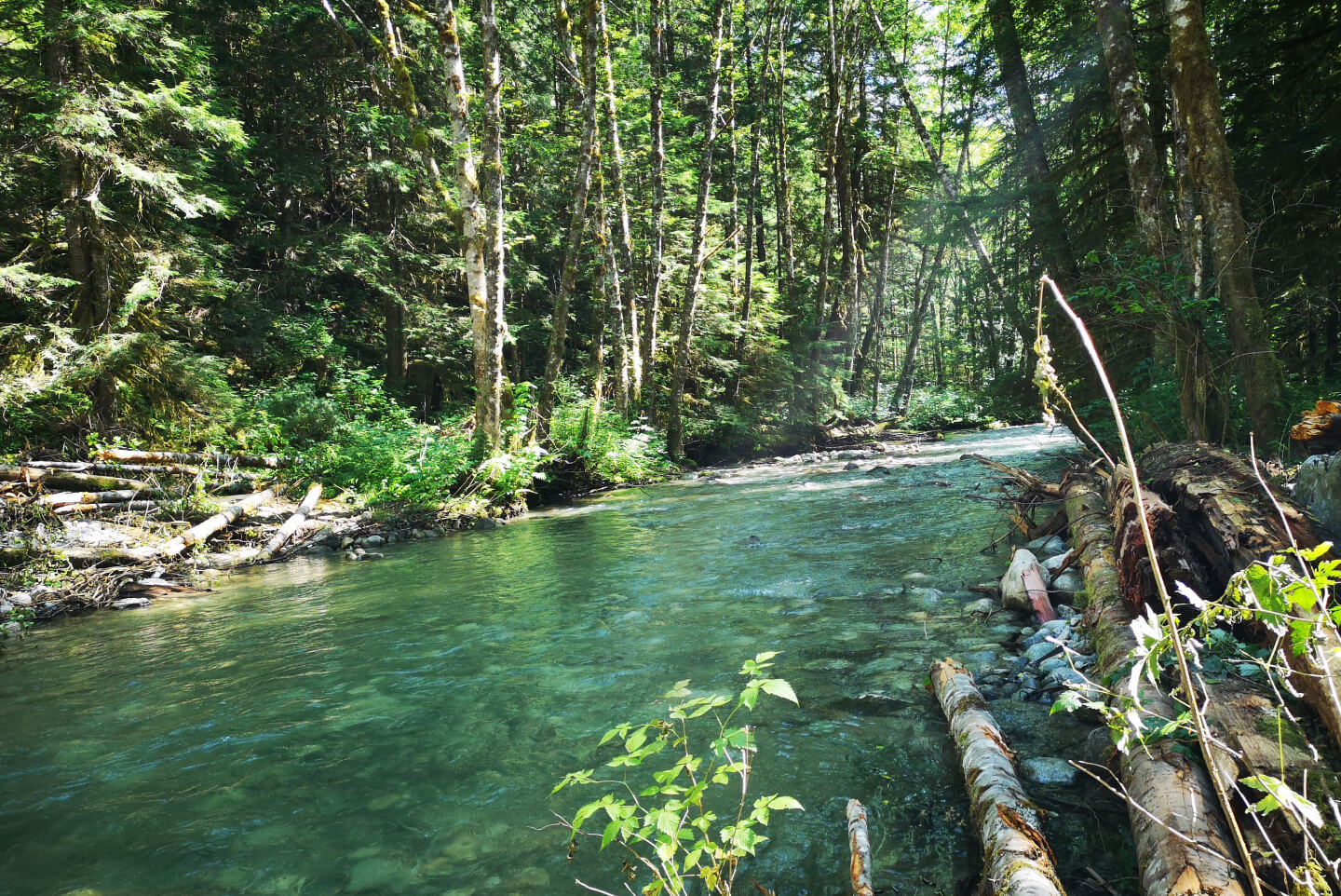Our water systems are facing increasing pressure every day. Growing populations are requiring more clean water. Increasing urbanization and agriculture are encroaching on freshwater habitats, causing loss and fragmentation. Increased demand for energy and resources means more pollution and obstructed water flows. A warming climate is resulting in changes to freshwater habitats.
At the same time, massive data deficiencies for basic freshwater health indicators means we don’t have an informed understanding of the total impact of human activities on our watersheds.
There is a growing awareness that safeguarding our freshwater ecosystems is critical to the future of our economies, our communities and our quality of life. We need to match this growing awareness with data to safeguard the future of wildlife and habitat, as well as communities that depend on freshwater ecosystems.
























